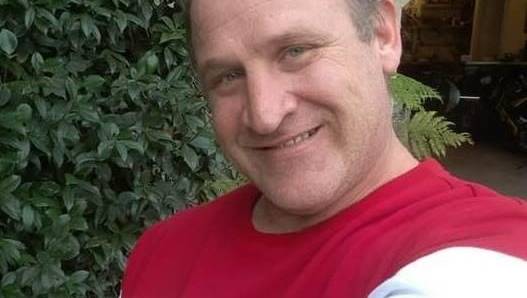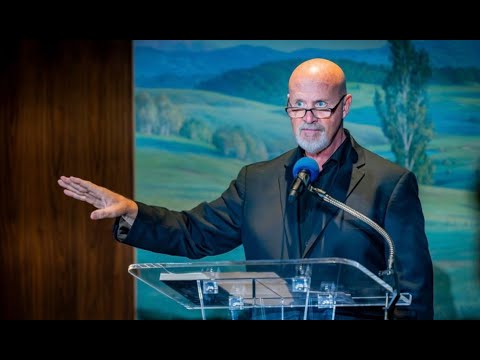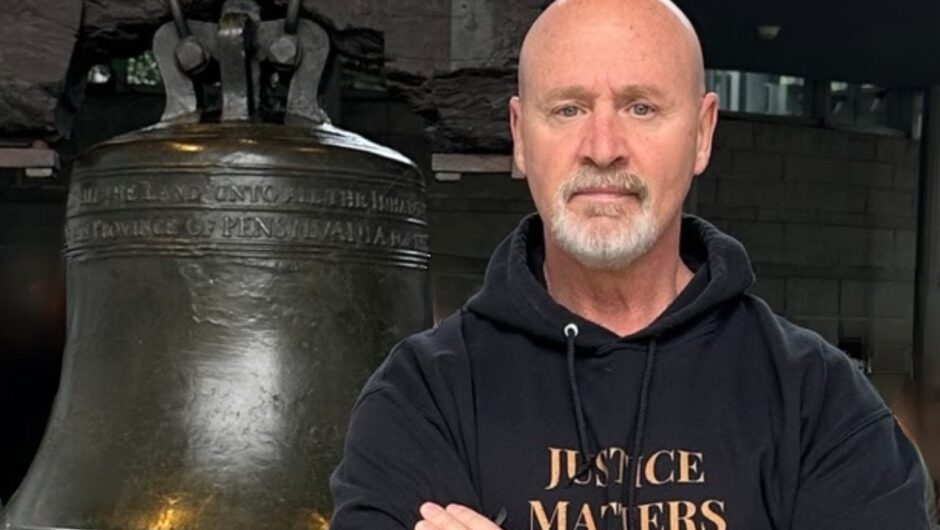news, crime, Jamie Kinsela, Jamie Graham
A businessman who police allege was involved in a brazen daylight abduction attempt outside a Canberra cafe has been refused bail again, having failed multiple times before. Jamie Stewart Graham, who is also known as Jamie Kinsela, fronted the ACT Supreme Court on Wednesday. He previously pleaded not guilty to four charges: aggravated robbery, intentionally inflicting grievous bodily harm, theft, and attempting to forcibly confine someone. His barrister Ken Archer on Wednesday argued the 49-year-old should be granted bail because of a change in circumstances in his case. Mr Archer said police had essentially “given up” their attempts to get a formal statement from Mr Graham’s alleged victim, who told officers in a notebook statement that Mr Graham was one of two people who assaulted him last September. The alleged victim told police Mr Graham and another person spotted him at an oval before they followed him to Latham shops and inside a cafe. The alleged victim said Mr Graham and the other person assaulted him on the ground, before they dragged him out of the cafe and attempted to tie him up and put him into the tray of a ute. Mr Archer on Wednesday said there was no question the assault had happened, but the issue was whether Mr Graham was one of the offenders. He said prosecutors had, at past bail applications, placed significance on the fact the alleged victim was yet to give police a formal, rather than a notebook, statement. He said they implied Mr Graham shouldn’t be granted bail because of the risk he would interfere with the victim before he could give a formal statement. READ MORE: Businessman refused bail after details of alleged abduction attempt come to light Mr Archer suggested the case was made weaker by the alleged victim’s refusal to give a formal statement, and said prosecutors’ case had changed given they were no longer planning to rely on a formal statement. The barrister said that amounted to a “change in circumstances”. But Associate Justice Verity McWilliam disagreed. She said police had continued to make some attempts to elicit a formal statement from the alleged victim, and regardless, the case didn’t turn on him making one. The judge said the alleged victim already identified Mr Graham as his attacker when he gave police his notebook statement, and there was CCTV of the September incident at Latham. Mr Graham is due to go to trial for the matter in the middle of this year.
/images/transform/v1/crop/frm/5W4iRw6LNH53uM23K5syYZ/e62f144c-fe1e-4f83-9c56-e6179c353f84.jpg/r0_21_527_319_w1200_h678_fmax.jpg
A businessman who police allege was involved in a brazen daylight abduction attempt outside a Canberra cafe has been refused bail again, having failed multiple times before.
Jamie Stewart Graham, who is also known as Jamie Kinsela, fronted the ACT Supreme Court on Wednesday.
He previously pleaded not guilty to four charges: aggravated robbery, intentionally inflicting grievous bodily harm, theft, and attempting to forcibly confine someone.
His barrister Ken Archer on Wednesday argued the 49-year-old should be granted bail because of a change in circumstances in his case.
Mr Archer said police had essentially “given up” their attempts to get a formal statement from Mr Graham’s alleged victim, who told officers in a notebook statement that Mr Graham was one of two people who assaulted him last September.
The alleged victim told police Mr Graham and another person spotted him at an oval before they followed him to Latham shops and inside a cafe.
Jamie Graham. Picture: Facebook
The alleged victim said Mr Graham and the other person assaulted him on the ground, before they dragged him out of the cafe and attempted to tie him up and put him into the tray of a ute.
Mr Archer on Wednesday said there was no question the assault had happened, but the issue was whether Mr Graham was one of the offenders.
He said prosecutors had, at past bail applications, placed significance on the fact the alleged victim was yet to give police a formal, rather than a notebook, statement.
He said they implied Mr Graham shouldn’t be granted bail because of the risk he would interfere with the victim before he could give a formal statement.
Mr Archer suggested the case was made weaker by the alleged victim’s refusal to give a formal statement, and said prosecutors’ case had changed given they were no longer planning to rely on a formal statement.
The barrister said that amounted to a “change in circumstances”.
But Associate Justice Verity McWilliam disagreed.
She said police had continued to make some attempts to elicit a formal statement from the alleged victim, and regardless, the case didn’t turn on him making one.
The judge said the alleged victim already identified Mr Graham as his attacker when he gave police his notebook statement, and there was CCTV of the September incident at Latham.
Mr Graham is due to go to trial for the matter in the middle of this year.







